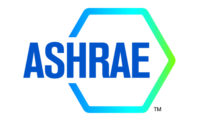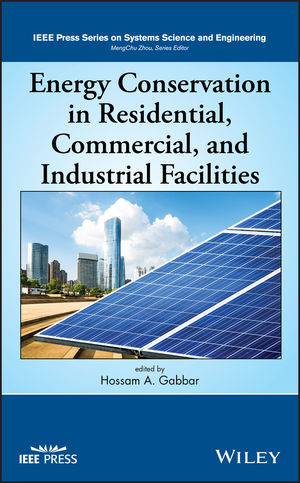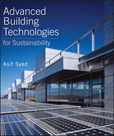With buildings responsible for a third of the world's energy use, energy is a fundamental ingredient of all economic systems. "We must strive to find ways to use our energy resources in the best way possible," ASHRAE president Donald Colliver, Ph.D., P.E., said. "Our resources are not infinite. As the document states, energy is essential to the defense of nations, necessary to feed the world's population and vital for protection from the elements."
The society has numerous standing and technical committees that deal with energy-related matters. Its energy conservation standard, Standard 90.1-1999, recently was established by the United States Department of Energy as the commercial building reference standard for state building codes.
The document presents ASHRAE positions on relevant policy issues, research, technology development, education and outreach. ASHRAE's positions are:
- Policy discussions related to energy supply should include consideration of:
- The benefits of enhanced energy efficiency
- Regulation that is based on sound engineering principles
- Development of a diverse, sustainable supply portfolio
- Regulated and free market resource decisions should include consideration of the environmental impacts of developments and use of new resources.
- Buildings impacts on the energy supply infrastructure can be reduced by:
- Improved price signals and market structures that clarify the impact on peak demand
- Decentralized building level supply systems that can reduce buildings impacts and provide increased opportunities for building level renewable resource development
- Utility restructuring policies should encourage cost-effective demand-side and renewable resources.
- Regulators should consider market impacts and promote market transformation in support of cost-effective improvements in building energy efficiency and the use of renewable resources.
- Current energy codes are a minimum standard, and buildings can often be cost-effectively built to exceed them. They should be adequately enforced.
The document also makes 20 recommendations for ASHRAE to promote responsible energy resource development and use, energy conservation, and environmental preservation as an integral part of the ethics of ASHRAE members, government and the public. The recommendations address programs and activities in research and technology, policy development, and education and outreach. The ASHRAE Energy Position Document may be downloaded for free at ASHRAE.org at http://xp20.ashrae.org/ABOUT/energy.pdf.






